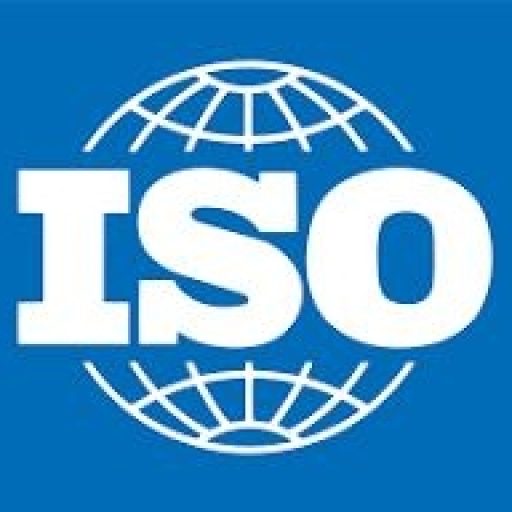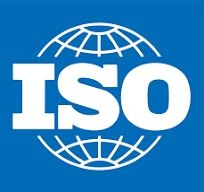ISO 9001:2015 (Quality Management System)
Enhance your business processes and customer satisfaction with ISO 9001:2015 certification.
Benefits:
- Improved operational efficiency through streamlined processes.
- Enhanced customer satisfaction by consistently meeting customer requirements.
- Global recognition and competitive advantage in the marketplace.
- Effective risk management and proactive approach to problem-solving.
- Increased employee engagement and clarity in organizational roles.
Applicable Industries:
- Manufacturing, Construction, Logistics, Healthcare, Education, IT Services, Intending and treading and any organization seeking quality assurance in its processes.
ISO 14001:2015 (Environmental Management System)
Achieve sustainable business growth by minimizing environmental impact through ISO 14001:2015.
Benefits:
- Enhanced environmental performance and reduced ecological footprint.
- Improved compliance with environmental laws and regulations.
- Cost savings through efficient resource utilization and waste reduction.
- Positive corporate image and enhanced stakeholder trust.
- Preparedness for emergency environmental situations.
Applicable Industries:
- Manufacturing, Construction, Energy, Agriculture, Waste Management, Oil & Gas, and any organization with significant environmental impact.
ISO 45001:2018 (Occupational Health & Safety Management System)
Protect your workforce and promote a safer working environment with ISO 45001:2018.
Benefits:
- Reduced workplace risks and incidents through proactive hazard identification.
- Enhanced legal and regulatory compliance for health and safety.
- Improved employee morale and productivity.
- Lower insurance premiums due to better risk management.
- Strengthened organizational reputation for prioritizing worker safety.
Applicable Industries:
- Construction, Manufacturing, Mining, Oil & Gas, Healthcare, Transportation, and any high-risk sector prioritizing worker safety.
ISO 22000:2022 (Food Safety Management System)
Ensure food safety and quality compliance with ISO 22000:2022 certification.
Benefits:
- Assured food safety throughout the supply chain.
- Compliance with international food safety regulations and standards.
- Enhanced consumer trust and brand reputation.
- Minimized risk of foodborne diseases and contamination.
- Streamlined traceability and recall processes.
Applicable Industries:
- Food Processing, Catering, Hospitality, Retail Food Outlets, Agriculture, and any organization involved in the food supply chain.
ISO 27001:2022 (Information Security Management System)
Safeguard your business data and secure your information assets with ISO 27001:2022.
Benefits:
- Robust protection of confidential and sensitive information.
- Compliance with legal and regulatory requirements for data protection.
- Enhanced risk assessment and mitigation strategies.
- Improved customer trust and corporate reputation.
- Streamlined incident response and recovery mechanisms.
Applicable Industries:
- IT Services, Financial Institutions, Healthcare, Government Agencies, E-commerce, and any data-sensitive organization.
ISO 13485:2016 (Medical Devices Quality Management System)
Guarantee the quality and regulatory compliance of medical devices with ISO 13485:2016.
Benefits:
- Consistent production and delivery of safe and high-quality medical devices.
- Compliance with global regulatory requirements for medical devices.
- Enhanced risk management for product safety and reliability.
- Improved supplier management and traceability.
- Strengthened customer trust and market access.
Applicable Industries:
- Medical Device Manufacturers, Healthcare Equipment Suppliers, Diagnostic Equipment Producers, and Laboratories.
ISO 50001:2018 (Energy Management System)
Optimize your energy efficiency and reduce costs with ISO 50001:2018 certification.
Benefits:
- Reduced energy consumption and operating costs.
- Enhanced compliance with energy regulations and sustainability goals.
- Improved environmental performance and reduced carbon footprint.
- Systematic energy monitoring and control for efficiency.
- Enhanced organizational image as an energy-conscious entity.
Applicable Industries:
- Manufacturing, Data Centers, Real Estate, Government Facilities, Utilities, and any energy-intensive sector.

